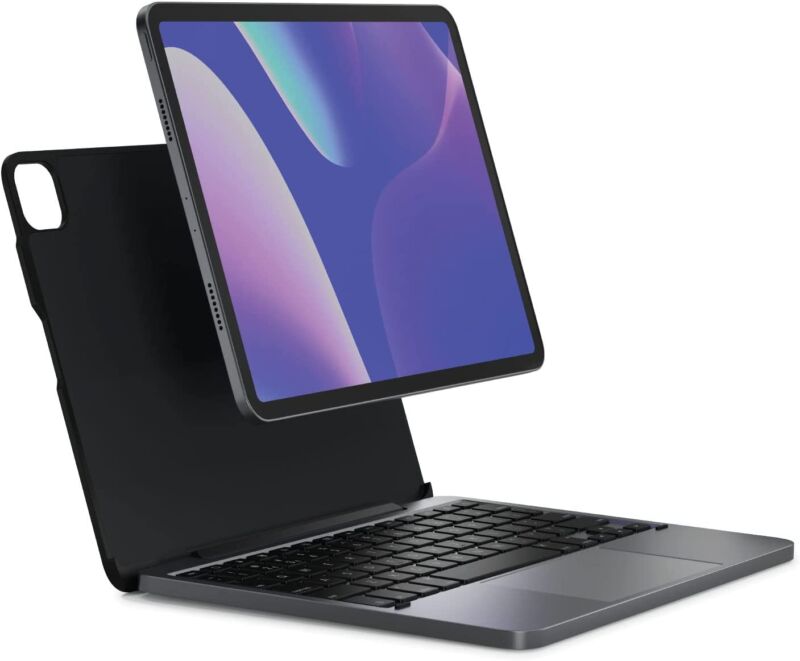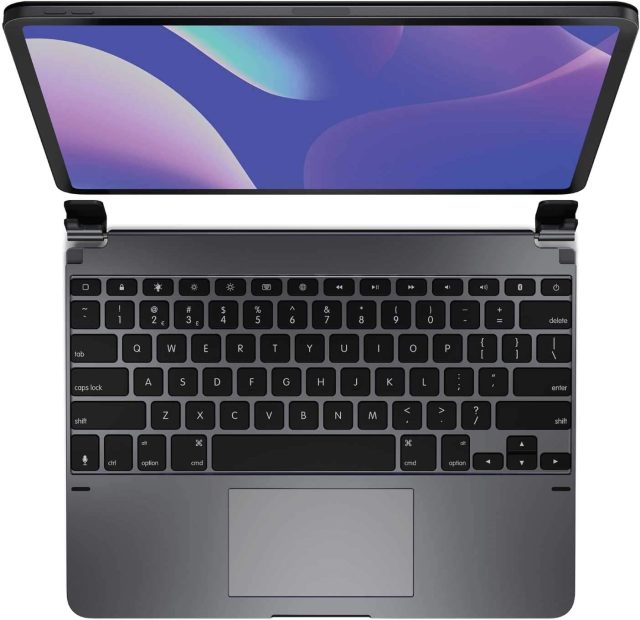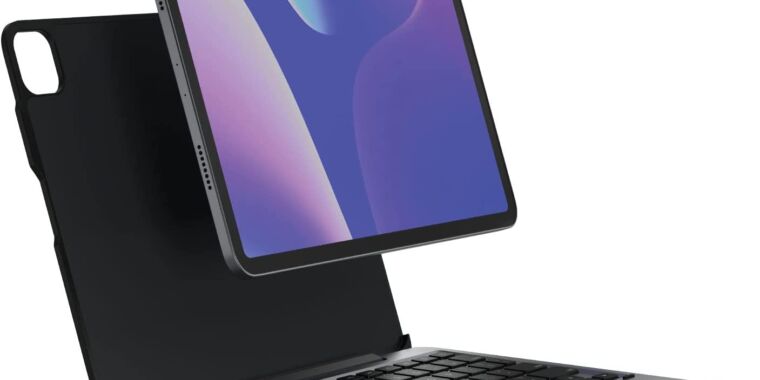
Brydge, a company that once aimed to make high-quality iPad keyboards that all but transformed them into MacBooks, has gone out of business. The company’s website is just a logo, employees and preordering customers haven’t heard anything in months, and 9to5Mac has a detailed telling of Brydge’s downfall, supported by conversations with nearly a dozen former employees.
You should read the whole investigation if you want to know how badly managed growth, a hostile workplace, the pandemic, and the nerve-wracking nature of trying to work with and alongside Apple led to Brydge’s shuttering. You’ll read about business, leadership, and marketing decisions that, with hindsight, point toward an inevitable conclusion. But there’s also an inside story about what it’s like trying to hitch your wagon to the whims and preferences of the world’s largest technology corporation.
Brydge is best known for making Apple accessories, and particularly keyboard cases for iPads, with a focus on materials, design, and functionality that aimed to go further than Apple’s own accessories. They were made from aluminum, had a more laptop-like hinge, and their keyboards were backlit. In October 2019, Brydge tried to get a six-month jump on Apple by releasing the trackpad-included Pro+ for iPad Pro. Because iPadOS 13 didn’t have native trackpad support—that would arrive with iPadOS 13.4 in March 2020—Brydge’s keyboard used an Assistive Touch accessibility workaround. The trackpad and its implementation disappointed critics like Six Colors’ Jason Snell.
When Apple’s Magic Keyboard arrived in April 2020, it stepped up with not only full trackpad software support and a great Apple-made pad, but multi-finger gestures that Apple wouldn’t offer to Brydge. However, Apple offered them to industry leader Logitech for its Combo Touch Case. Brydge was obviously caught off-guard by Apple and Logitech’s products launching mere months after its own. When Apple reached out to Brydge to offer better access to its trackpad, Brydge gladly accepted—and soon got a lesson in power dynamics, according to 9to5Mac’s sources.

Brydge/Amazon
“Apple wanted Brydge to take the lead on unpacking its framework used by the Magic Keyboard in a way that allowed third-party accessory use,” writes Chance Miller. Apple offered support, but Brydge’s questions would trigger questions by Apple as to whether Brydge was a worthwhile partner, and if it needed Apple’s help “too early in the process.” Apple refused to provide debugging tools and would answer questions from engineers with suggestions rather than direct fixes.
All the while, Brydge’s not-quite-fixed Pro+ suffered a return rate of over 20 percent. Brydge could not tell customers about its work with Apple on its trackpad, under a non-disclosure agreement. Full trackpad support shipped in February 2021, nearly a year after Logitech’s and Apple’s products. The company continued to spend marketing money on the Pro+, a vital product that would fund further expansion. Having made it this far into the post, you’re likely aware of how that will work out.
From there, Brydge would hungrily chase acquisition, first by Razer and then Targus, and possibly even Foxconn. High product return rates, exceptionally high employee turnover, and a lot of financial question marks would follow. Employees laid off after one failed acquisition in January are still owed their final payouts, and most people who preordered the ProDock in January have yet to hear anything. Brydge issued a press release that its brand and intellectual property have been “acquired by a third party via a foreclosure process initiated by its senior lender” and has ceased operations.
Once again, you can read more about what happened at 9to5Mac.
Listing image by Brydge








